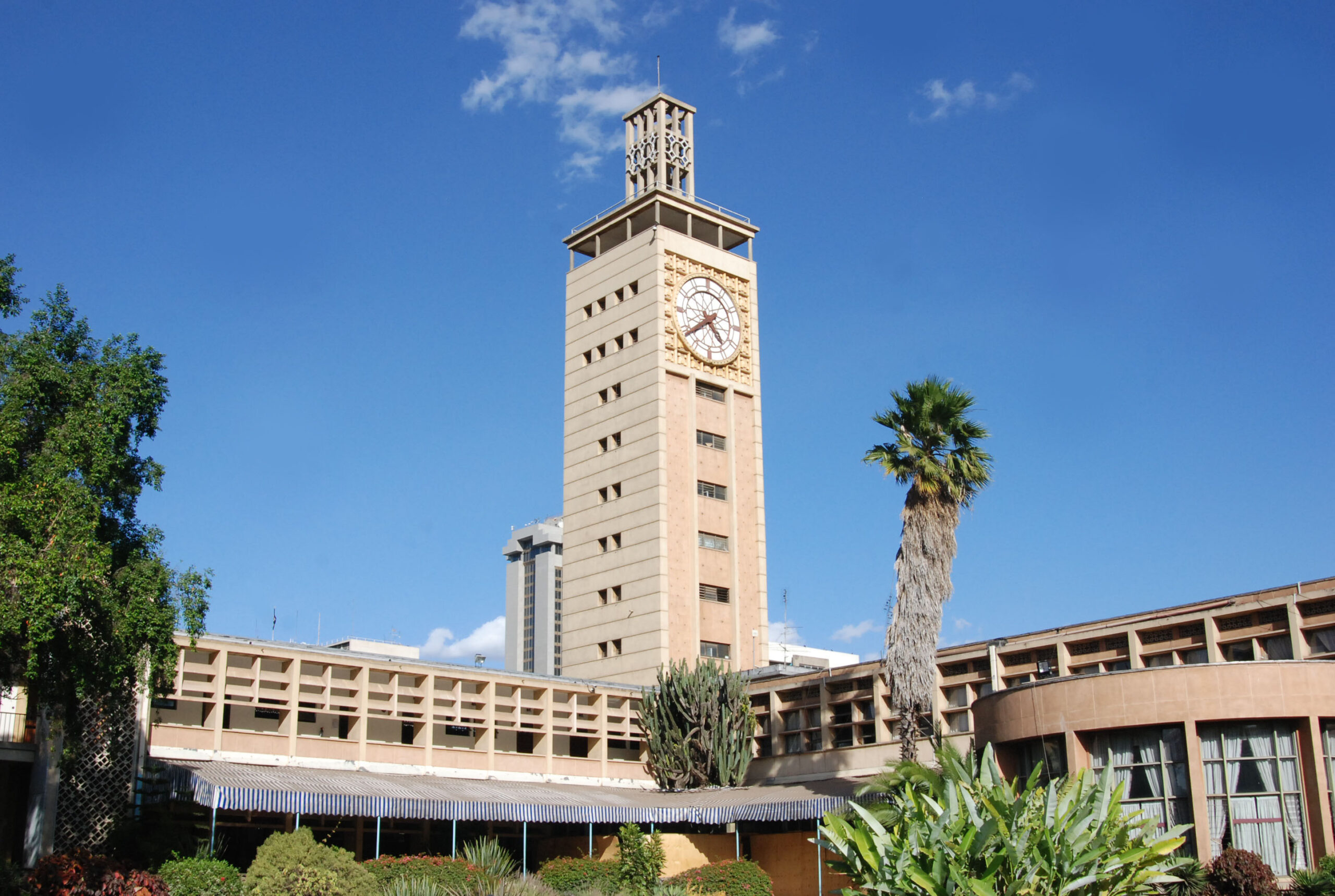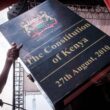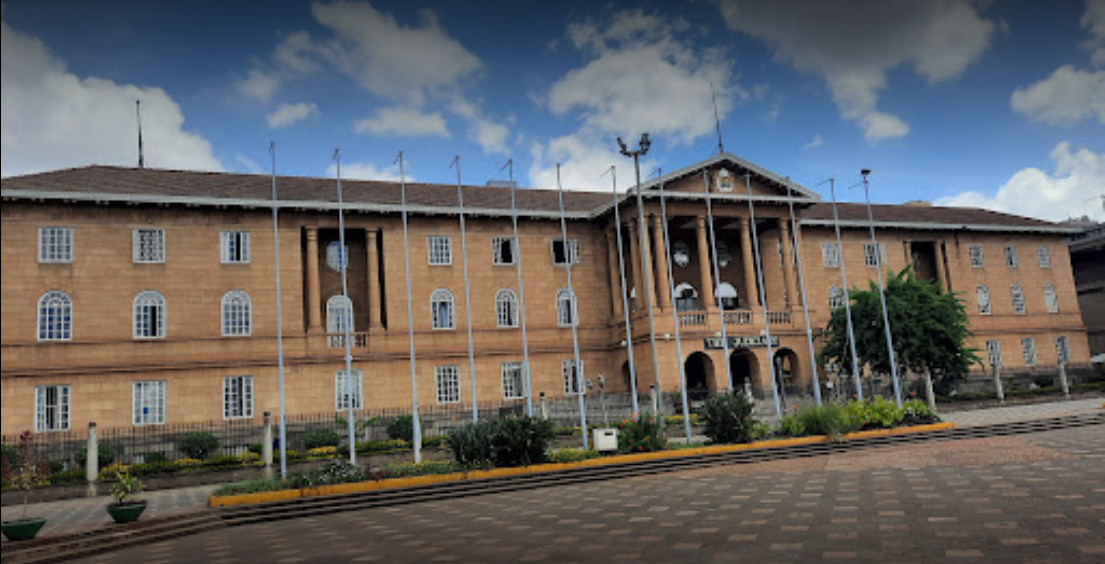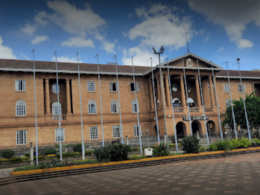NAIROBI,Kenya – This week, President William Ruto caused a stir when he alleged collusion between corrupt individuals and judges to file cases hindering government projects aimed at improving the lives of Kenyans, such as healthcare and housing.
He implied that due to public interest, he is willing to disregard court orders from such allegedly compromised courts. These remarks have faced condemnation from various criminal justice figures, including the Chief Justice, Kenya Magistrates and Judges Association and the Law Society, who argue that his utterances are meant to interfere with the separation of powers and judicial independence, intimidate judges, and diminish trust in the Judiciary.
Critics view these comments as an assault on the very essence of our constitutional democracy. Additionally, it suggests a disregard for the right of individuals to approach the courts when aggrieved and the right to have disputes heard and determined. The concern is that when high-ranking officials like the President violate or ignore court orders, it erodes judicial authority, undermining the entire constitutional order.
The rule of law dictates that a nation should be governed by its Constitution, laws, policies, and procedures rather than by decisions or whims of government officials. All executive and parliamentary actions are subject to judicial oversight in a system of checks and balances, especially given our history of discriminatory, unconstitutional, or anti-people laws and policies.
Parliament, consisting of the Senate and the National Assembly, is tasked with enacting laws and allocating funds; the Executive is responsible for implementing public policy and safeguarding life and property; and the Judiciary interprets the Constitution and laws while administering justice. Reflecting on the aftermath of the 2007 elections, a lack of faith in the Judiciary as a fair forum for adjudicating election disputes led to death and destruction that threatened to collapse the economy and plunge country into civil war.
This painful constitutional moment prompted a collective understanding among political, religious and civil society leaders and communities that Kenya needed fundamental changes in governance through a constitutional overhaul based on the sovereignty of the people of Kenya.
The previous Constitution and its amendments had concentrated excessive power in the Executive branch, enabling bad governance, tribalism, corruption, looting of public resources, and marginalisation to thrive. This occurred because the Executive controlled judges’ appointments, career progression, and budgets, abandoning the Judiciary’s mandate. Consequently, Kenyans adopted a constitution in 2010 that upheld the separation of powers and safeguarded judicial independence. This involved creating a Judiciary fund for financial independence and establishing a Judicial Service Commission (JSC) responsible for appointing, promoting, and disciplining judges and magistrates independently of executive influence.
The JSC comprises diverse stakeholders, including the Chief Justice, two members from the Law Society, four representatives from all court levels, the Attorney General, and two appointees by the President and the Public Service Commission. Since 2010, there have been attempts by Parliament and the Executive to increase executive influence in appointing judges, particularly the Chief Justice. However, the courts declared an amendment that would have JSC forward three names to the President, who would pick the Chief Justice from the list, unconstitutional in 2016.
In 2018, Parliament and President Uhuru Kenyatta attempted to block the appointment of Justice Mohamed Warsame to the JSC, citing the need for vetting. Moreover, the President refused to appoint several judges, citing intelligence suggesting corruption.
Because all three branches of government are interdependent, leaders should be careful not to appear disrespectful or apathetic towards them. An informed conversation can be had regarding complaints against the Judiciary and transparency in the JSC regarding allegations of corruption.
The writer,Demas Kiprono is the Ag. Executive Director ICJ Kenya.
This article was first published on The Standard.











